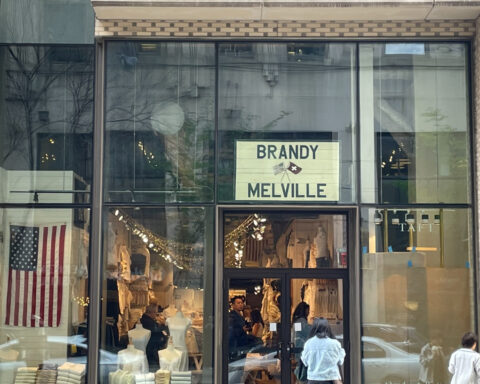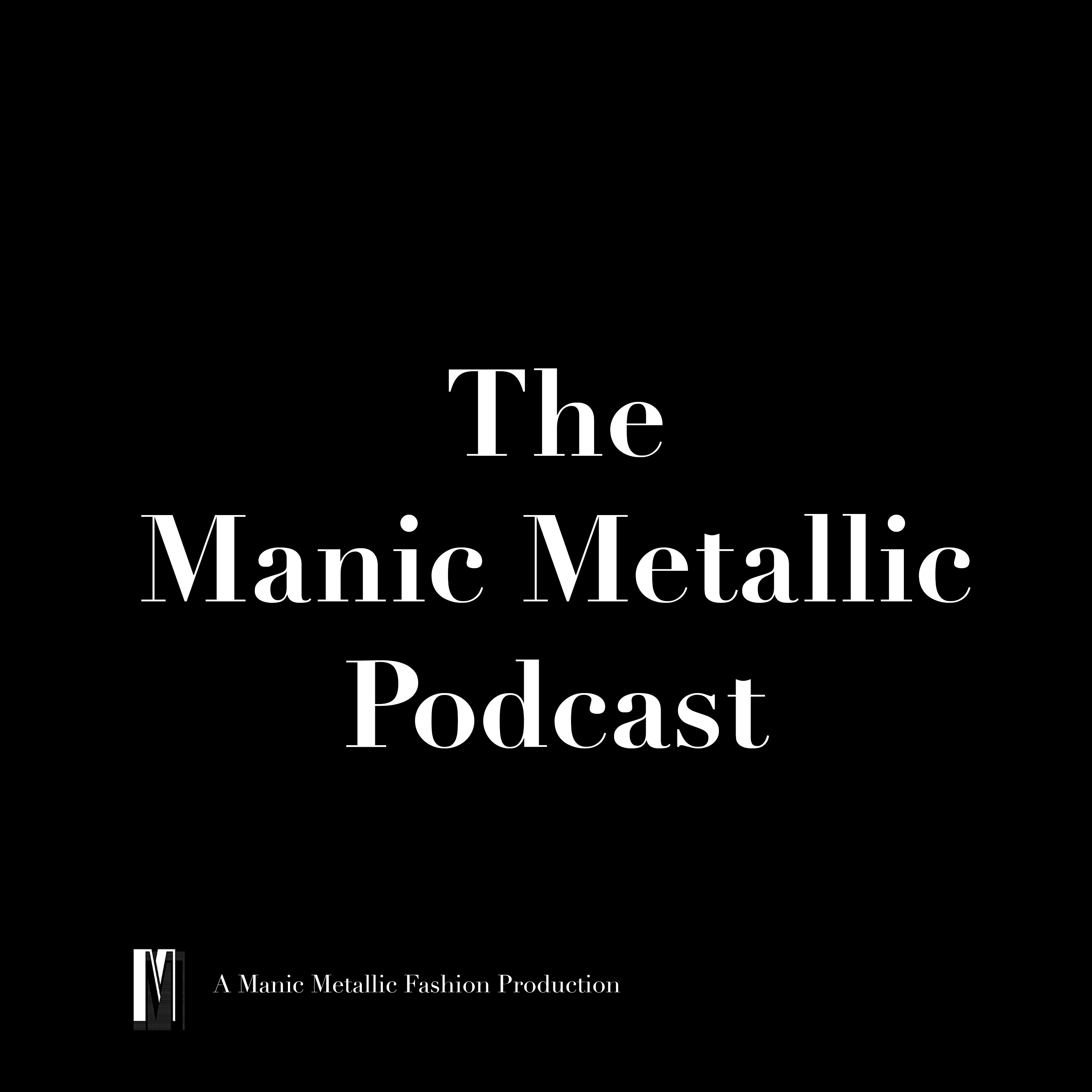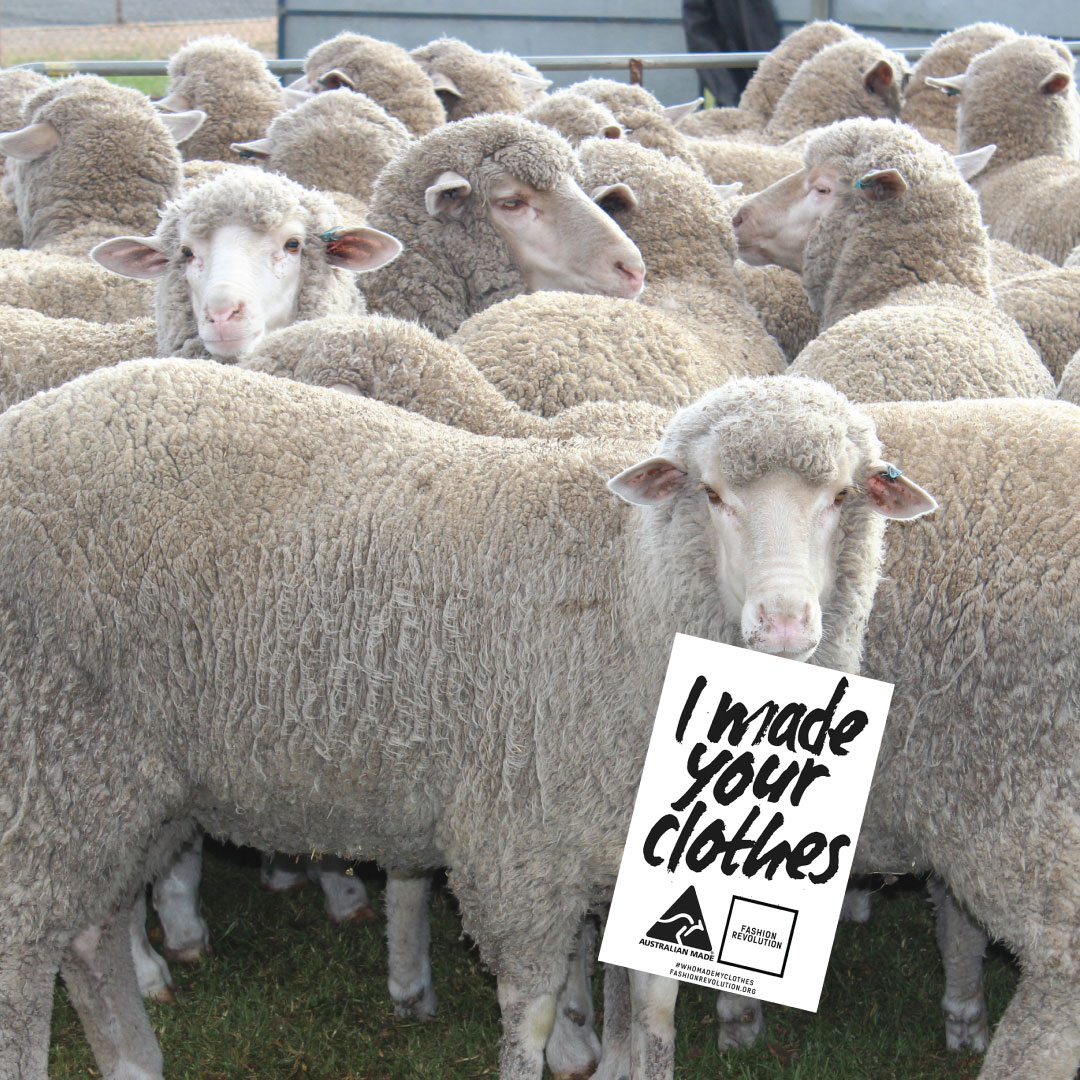
Fair Trade Certified
Year Of Inception:
1998
In Their Own Words:
“Fair Trade USA [the organization that administers Fair Trade Certified products] is a nonprofit organization, is the leading third-party certifier of Fair Trade products in the United States. Fair Trade USA audits and certifies transactions between U.S. companies and their international suppliers to guarantee that the farmers and workers producing Fair Trade Certified goods were paid fair prices and wages, work in safe conditions, protect the environment, and receive community development funds to empower and uplift their communities.
Fair Trade USA educates consumers, brings new manufacturers and retailers into the Fair Trade system, and provides farmers with tools, training and resources to thrive as international businesspeople.”

Climate Beneficial
Year Of Inception:
2010
In Their Own Words:
“Fibershed [the organization that oversees Climate Beneficial] develops regional and regenerative fiber systems on behalf of independent working producers, by expanding opportunities to implement carbon farming, forming catalytic foundations to rebuild regional manufacturing, and through connecting end-users to farms and ranches through public education.
We envision the emergence of an international system of regional textile communities that enliven connection and ownership of ‘soil-to-soil’ textile processes. These diverse textile cultures are designed to build soil carbon stocks on the working landscapes on which they depend, while directly enhancing the strength of regional economies. Both fiber and food systems now face a drastically changing climate, and must utilize the best of time-honored knowledge and available science for their long-term ability to thrive.”

Green America
Year Of Inception:
1982
In Their Own Words:
“Green America harnesses economic power—the strength of consumers, businesses and the marketplace—to create a socially just and environmentally sustainable society. We provide the economic strategies, resources and organizing power to make lasting, systemic change on a range of critical issues faced today, including renewable energy, climate change, fair trade and labor, safe food, and responsible banking.
We work for a world where all people have enough, where all communities are healthy and safe, and where the bounty of the Earth is preserved for all the generations to come.”

EU Ecolabel
Year Of Inception:
1992
In Their Own Words:
“Established in 1992 and recognised across Europe and worldwide, the EU Ecolabel is a label of environmental excellence that is awarded to products and services meeting high environmental standards throughout their life-cycle: from raw material extraction, to production, distribution and disposal. The EU Ecolabel promotes the circular economy by encouraging producers to generate less waste and CO2 during the manufacturing process. The EU Ecolabel criteria also encourages companies to develop products that are durable, easy to repair and recycle.”

Cradle To Cradle (C2C)
Year Of Inception:
Within its current certification management structure, it was C2C was created in 2010. However, the certification itself was created in 2005.
In Their Own Words:
“The Cradle to Cradle Products Innovation Institute is a non-profit organization created to turn the making of things into a positive force for people, economy, and planet.
The Institute administers and promotes the Cradle to Cradle Certified Products Program that guides innovation and development by assessing product quality across five categories:
1. material health: are ingredients safe for human health and the environment? 2. material reutilization: can ingredients return safely to nature or industry
3. renewable energy and carbon management: are products made with renewable energy?
4. water stewardship: are products protecting and enriching water supplies?
5. social fairness: are employees and communities flourishing?”




